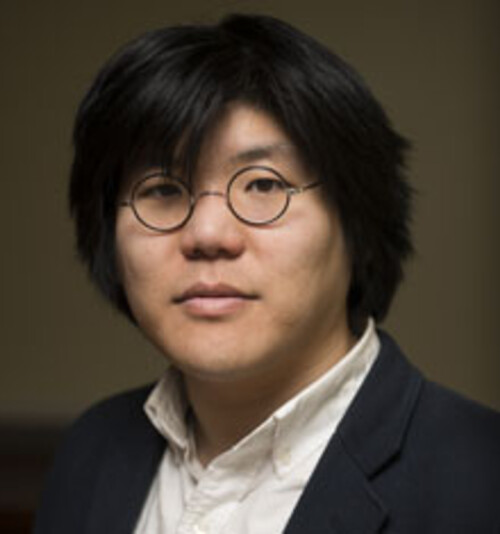Hansun Hsiung

Among the skills useful to scholars conducting archival research is an ability to recognize serendipitous opportunities when they come. When Hansun Hsiung first scoured the archives of the Tokugawa shogunate that ruled Japan from 1600 to 1868, he was disappointed to find that much of the collection consisted of inexpensive textbooks produced for European markets.
“At first it seemed as if they wouldn’t be worth intellectual consideration,” he says. But on subsequent trips to the British Library, the University of Reading, and Kew Gardens in England, Hsiung picked up the textbook thread again.
“I noticed that on the British side there were actually lots of reports about textbooks,” he says, such as India Office records of agreements with publishers, and documents voicing concerns about which books would be appropriate to use abroad. “I began to think that looking at this type of cheap pedagogical literature, and its emergence in other markets, could tell a larger story about how it is that European knowledge circulates,” says Hsiung.
Part of that story is a shift in the mid-nineteenth century from texts produced for a national market — French textbooks designed for French schoolchildren — to texts produced for colonial areas. “At first there is an inadvertent spillover into other channels, into areas where these books aren’t supposed to be,” he says. In a project with clear relevance for the current revolution in how information is transferred across institutional and national lines, Hsiung wants to explore exactly what happens “when these decontextualized texts move into very radical, very new contexts.”

